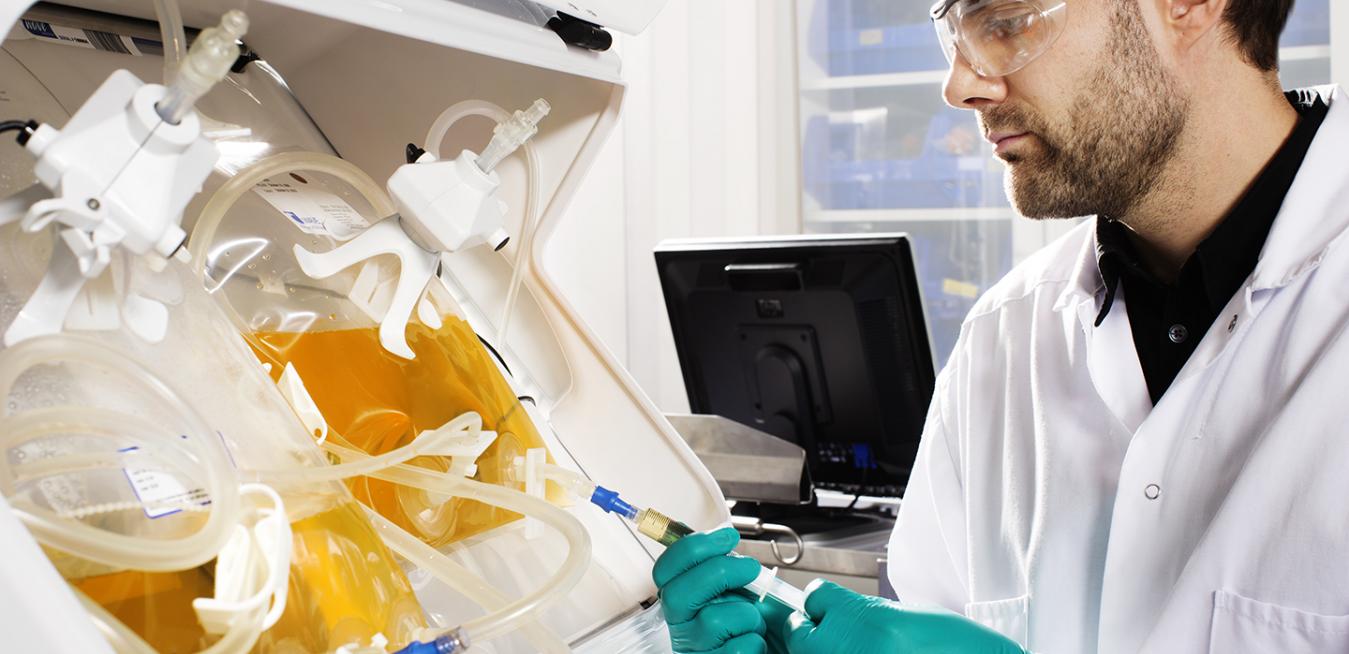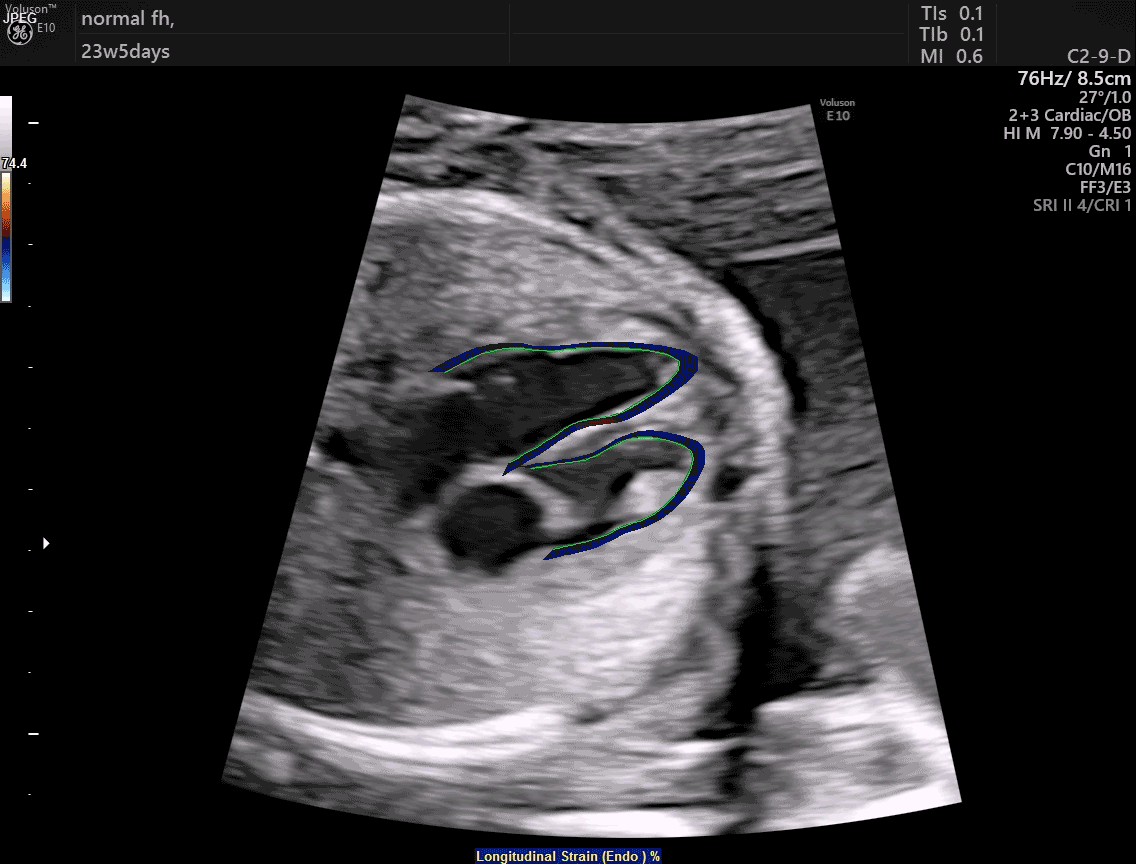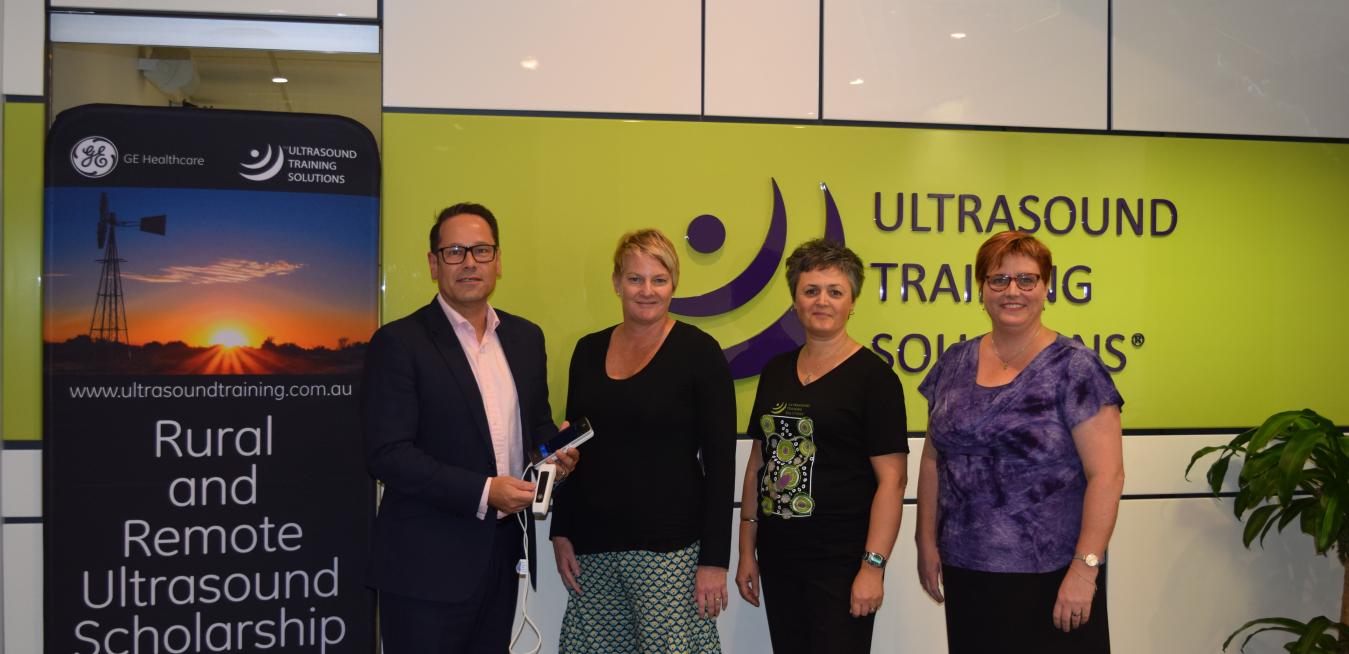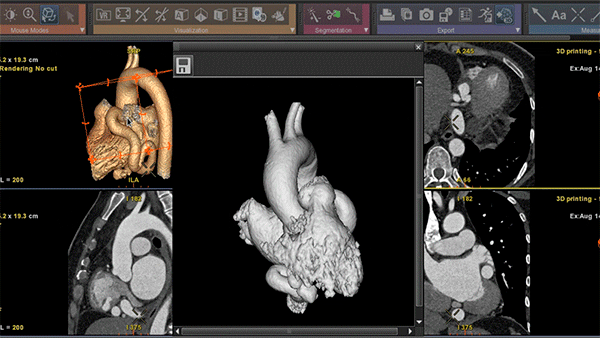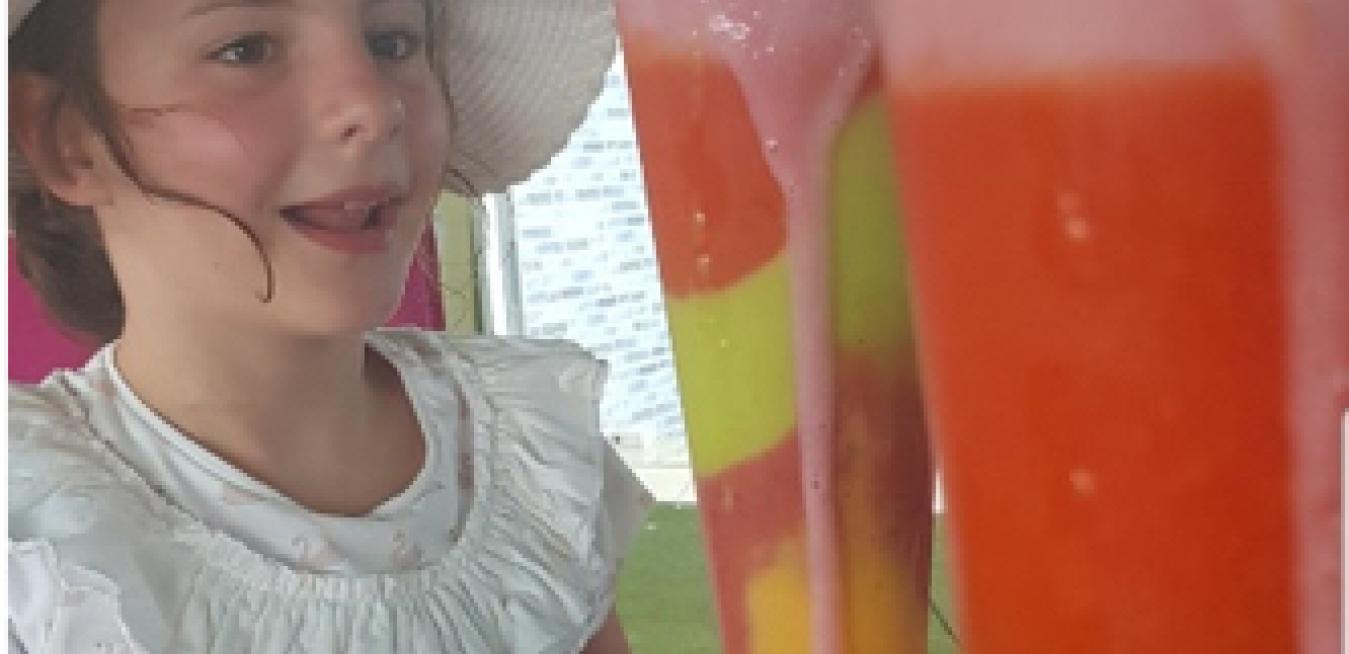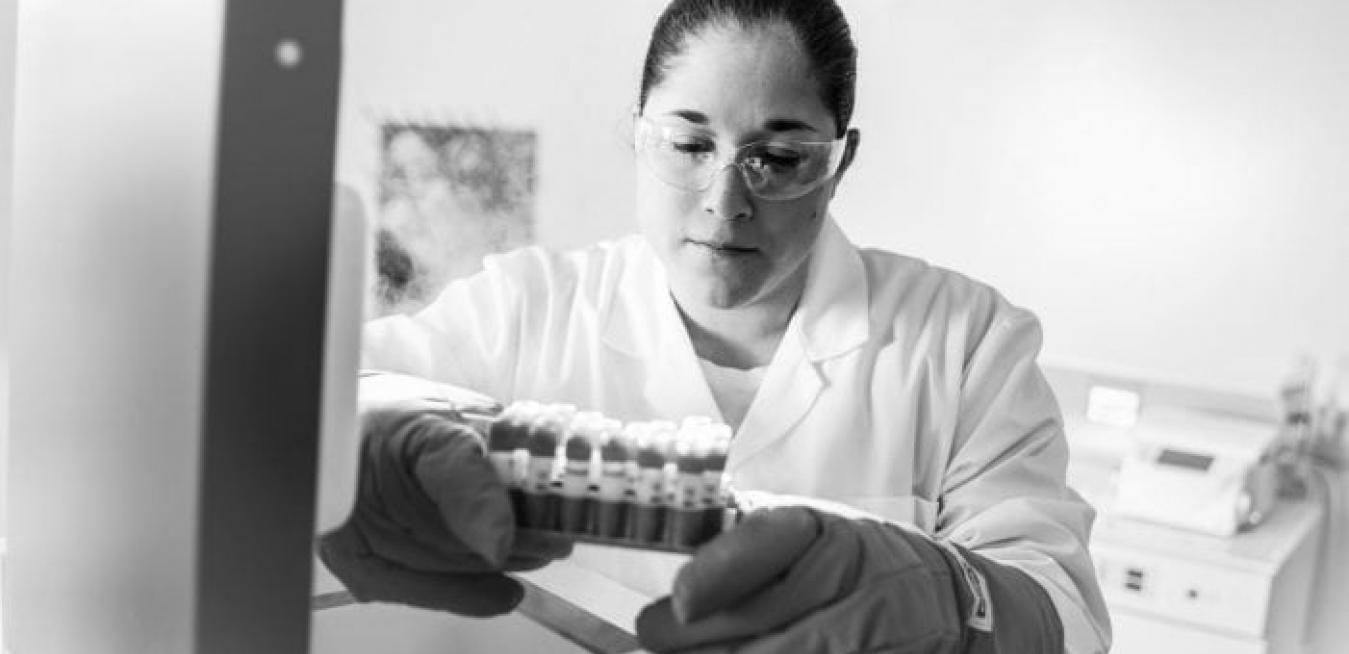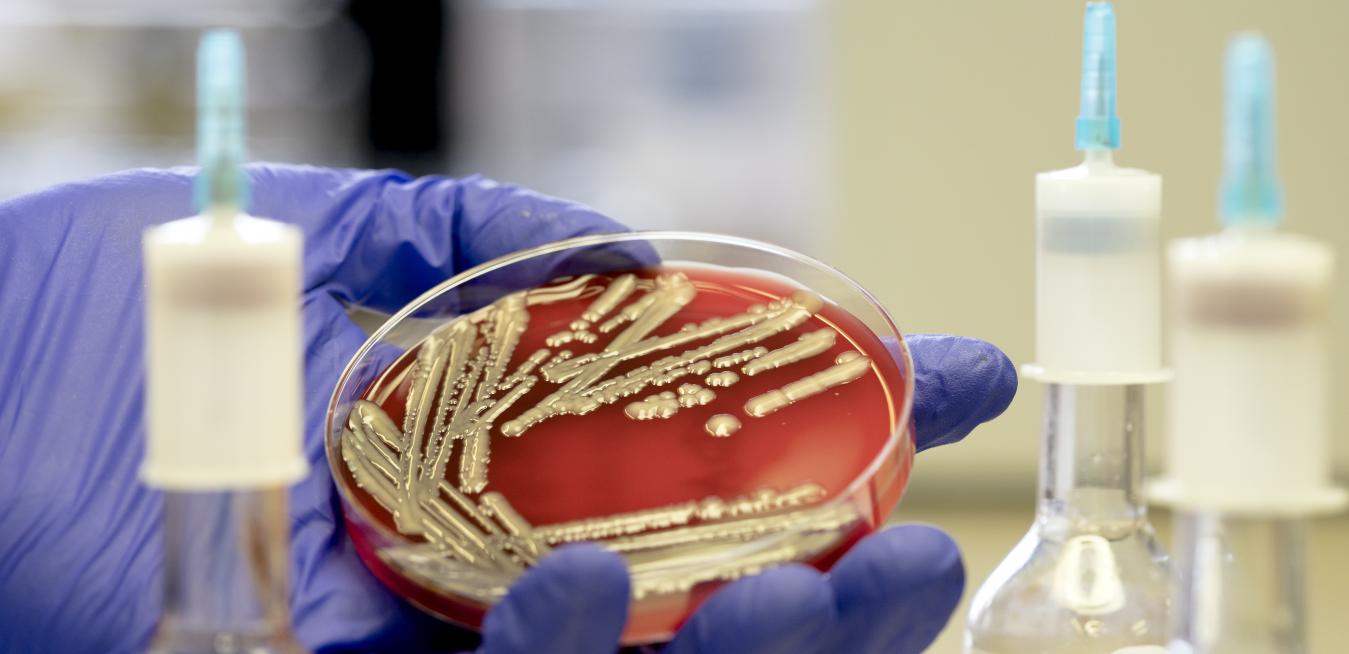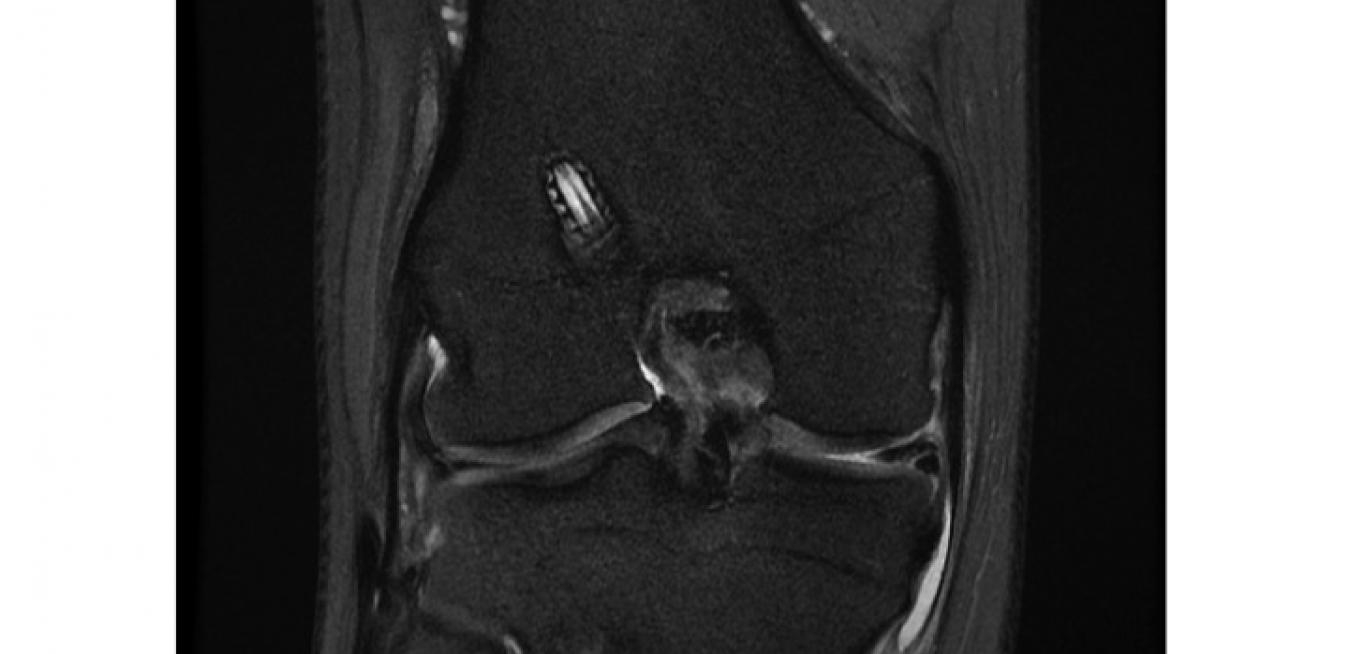GE announced plans on Monday to sell its BioPharma business to Danaher for approximately $21.4 billion, including $21 billion in cash. GE Chairman and CEO H. Lawrence Culp Jr. said the deal was a “pivotal milestone” that “demonstrates that we are executing on our strategy by taking thoughtful and deliberate action to reduce leverage and strengthen our balance sheet.”
Helsinki in early December can be a dark and chilly place, but Timo Heikkinen had a bounce in his step walking through Slush, Europe’s largest startup gathering, earlier this month. The conclave, named for the Finnish capital's ubiquitous winter feature, was started in 2011 by a group of entrepreneurial engineering students keen on finding kindred spirits. "Our whole point was not to play pretty, but focus on content," a former organizer said.
Even for specialists, detecting and treating congenital heart defects is never easy. These defects are relatively rare and often give no warning signs. Diagnosing them during pregnancy is especially difficult. At 18 weeks, for example, you’re dealing with a developing organ that can be the size of an olive and beating between 120 and 160 times per minute.
About three years ago, Dr. Beth Ripley had a patient in denial. Though Ripley and several other radiologists identified a tumor growing on the woman’s kidney, she refused to believe it — mainly because the treatment, a surgery involving removing her entire kidney, sounded terrifying.
In 2009, Grace’s mom, Niamh Graham, was thrilled to learn she was pregnant with her first child. She experienced a smooth pregnancy until the 24th week, when, while walking slowly on the treadmill, she felt a strange sensation in her stomach.
But as medical technologies evolved and treatments became more targeted, he found his company was spending more and more time isolating and capturing components of the blood called mononuclear cells, which are critical to the immune system — and an integral component in today’s cutting-edge cell therapies.
